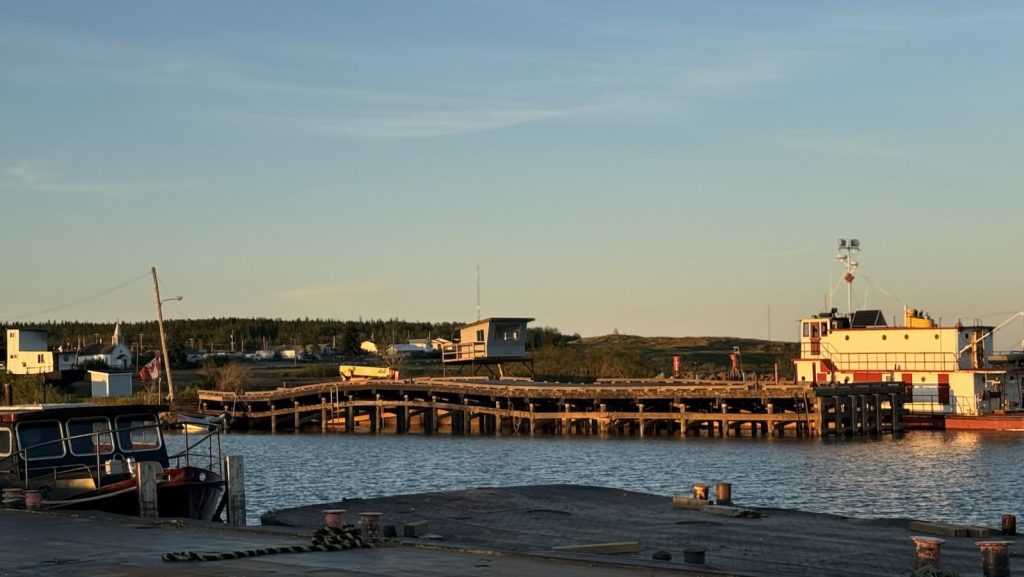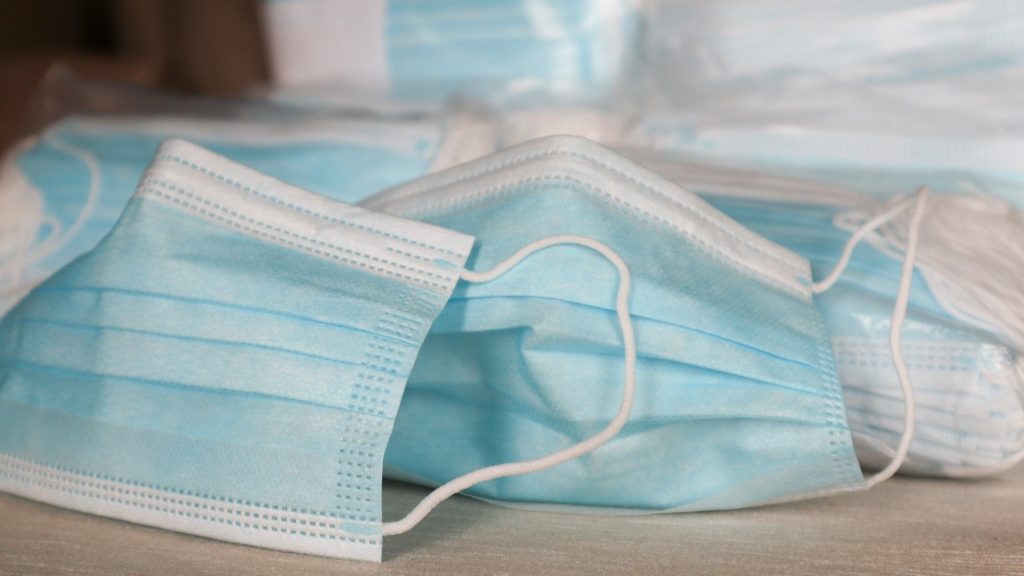Fort Chipewyan leaders claim ‘environmental racism,’ alleging Ottawa withheld wharf contamination report

Posted October 2, 2024 3:56 pm.
Last Updated October 2, 2024 6:58 pm.
Leaders from Fort Chipewyan, in the far northeast corner of Alberta, are demanding the federal government clean up a contaminated dock area, while alleging Ottawa hid pollution from them.
“This is a coverup, this is environmental racism and this is deadly,” Chief Allan Adam of Athabasca Chipewyan First Nation told reporters Wednesday morning.
“We will not rest until this problem is resolved and those who participated in the coverup are brought to justice.”
Adam was joined at a virtual media conference by Mikisew Cree First Nation Chief Billy-Joe Tuccaro and Fort Chipewyan Metis President Kendrick Cardinal.
Their concerns surround a Transport Canada wharf, or the “Big Dock” as it’s known locally, which has been in use since the 1960s.
Fort Chipewyan is a remote Indigenous community of about 1,000 people. It’s located about 700 kilometres northeast of Edmonton and sits on the shores of Lake Athabasca.
A 2017 engineering report for the federal government, provided by local leaders, outlines chemical contamination in the dock area, caused by decades of use, fuel seepage and at least one large diesel spill in the 1980s.
But Adam, Tuccaro and Cardinal say they were never informed of the contamination and only found out when the report was leaked to them this summer.
“It’s sad because the federal government always talks about truth and reconciliation. But yet, they cannot be truthful about something that’s so important to us, and that’s the health of our water,” Chief Tuccaro said.
The dock was a popular spot for launching fishing boats and swimming, leaders say, but they’re now asking community members to stay out of the water and stop harvesting in the immediate area.
Health screenings and healing circles are now being offered to people who have been in the water or eaten food from the area.
Community leaders in Fort Chipewyan have long claimed elevated rates of rare cancers, which they believe are the result of being downstream from Alberta’s oil sands.
They’re now demanding federal ministers meet with them, in Fort Chipewyan, to formulate a plan to remediate the site and make it suitable for community use and as a wildfire evacuation point.
If that doesn’t happen, Chief Tuccaro said his nation will consider a lawsuit.
In response, Transport Canada says studies have concluded that the wharf site poses no risk to human health and a remediation plan is being developed.
“Our government is working with the local First Nations community to ensure that operations at the port facility are carried out safely,” said a statement from the office of Transport Minister Anita Anand.
“Remote and Indigenous communities must have access to the safe and reliable connectivity that they need.”
Although the site is publicly listed as being contaminated, a spokesperson said that since there is no agreement to transfer the wharf to Fort Chipewyan there was no obligation to share more detailed information on contaminants.








